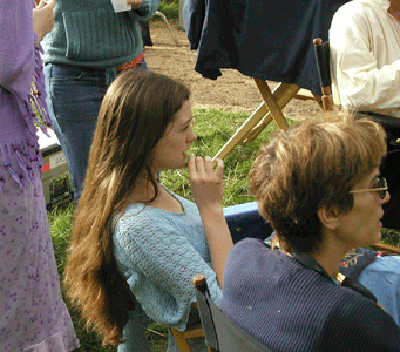

The novel’s structure mirrors the maze of contingencies and dangers that confronted Spain’s Jews. Their relationship is not filtered through modern norms - Levine describes Loma’s unquestioning loyalty to the family patriarch, but also her frustration and fear that he will willingly sacrifice her future happiness to his own needs.

He insists that Loma accompany him on important diplomatic and financial missions, but also depends on her to care for him in a frankly selfish way.

Levine’s portrait of Joseph is honest and subtle. Since she is female, however, this quality is problematic. His attachment to his granddaughter is based on his recognition of her intelligence.

Loma’s “Belo”(short for abuelo, or grandfather), Joseph, is a commanding figure according to the author’s note, he is based “very loosely” on the famous Jewish scholar and community leader Isaac Abravanel. Her own parents are loving but imperfect, and her older brother embodies some of the most negative traits of an era when compromise and betrayal were common. She’s eager to someday be a wife and mother. Paloma “Loma” Corcia is kind and affectionate towards her younger siblings, nieces, and nephews. Levine weaves a complex web of narrative threads and places her characters in situations of moral and emotional ambiguity. Carefully researched and rich in historical detail, the book creates a full portrait of the painful contradictions that defined the fifteenth-century Iberian Jewish world. Gail Carson Levine’s new novel, A Ceiling Made of Eggshells, restores the dramatic reality of the time through the story of one Jewish girl and her family. Jewish life in Spain before the expulsion of 1492 is sometimes romanticized as a distant and glorious part of history ending in tragedy.


 0 kommentar(er)
0 kommentar(er)
